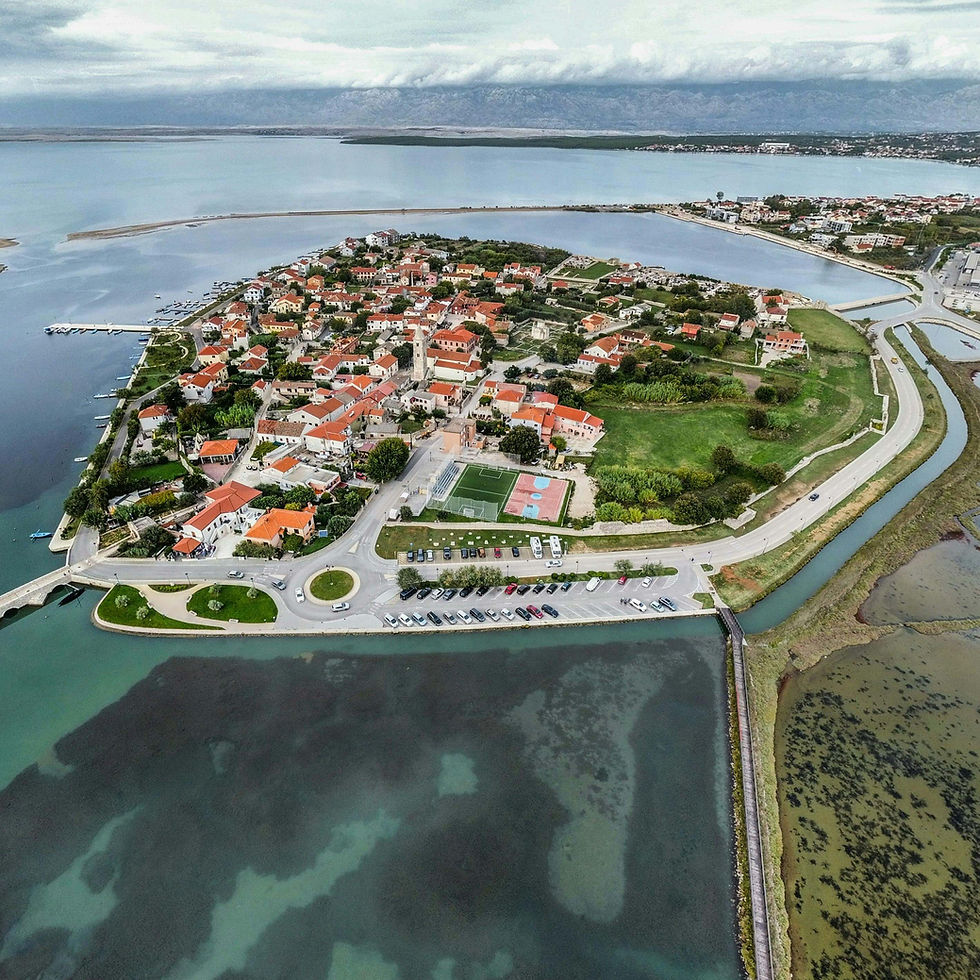Challenges Faced by Foreign Workers in Croatia.
- Bappu Acharjee
- Nov 15, 2024
- 2 min read
Updated: Nov 16, 2024
As Croatia's economy grows, so does its reliance on foreign workers, who are increasingly vital in sectors like construction and hospitality. However, many of these workers, particularly from countries such as Nepal, India, the Philippines, and Bosnia and Herzegovina, face significant challenges due to unfamiliarity with Croatian laws, language barriers, and a lack of local support networks.

1. Rights Violations and Employer Issues The State Inspectorate and Ombudswoman’s Office report various complaints from foreign workers, highlighting common issues such as:
Working without proper permits.
Unpaid wages and overtime.
Denied weekly rest breaks.
Lack of payroll transparency.
These issues particularly affect workers from Bosnia, Serbia, and even more distant countries like the Philippines, often leaving them in vulnerable situations due to limited knowledge of their legal rights.

2. Housing and Living Conditions Inhumane housing conditions are another frequent problem reported by the media. With housing costs and availability posing a challenge, many foreign workers are forced to live in overcrowded and substandard accommodations. Proposed amendments to the Aliens Act aim to address these housing issues, but immediate action is needed.

3. Fear of Reporting Violations Due to language barriers and a lack of support networks, foreign workers often hesitate to report abuses. Many fear retribution or the risk of losing their jobs if they speak up. The absence of social integration programs in Croatia compounds this issue, as does the shortage of Croatian language courses that could help foreign workers navigate their rights more effectively.

4. Government Recommendations and Future Steps In its 2022 report, the Ombudswoman’s Office urged the Croatian government to take concrete steps toward protecting foreign workers. Recommendations include:
Creating accessible resources on worker rights, including brochures and multilingual online resources.
Increasing State Inspectorate oversight on employment conditions to deter exploitative practices.
With these measures and increased integration efforts, Croatia can better support foreign workers and foster a fairer, more inclusive labor environment.
For further details, refer to the 2022 Ombudswoman’s annual report, which covers labor rights and anti-discrimination measures for migrants.
.png)


